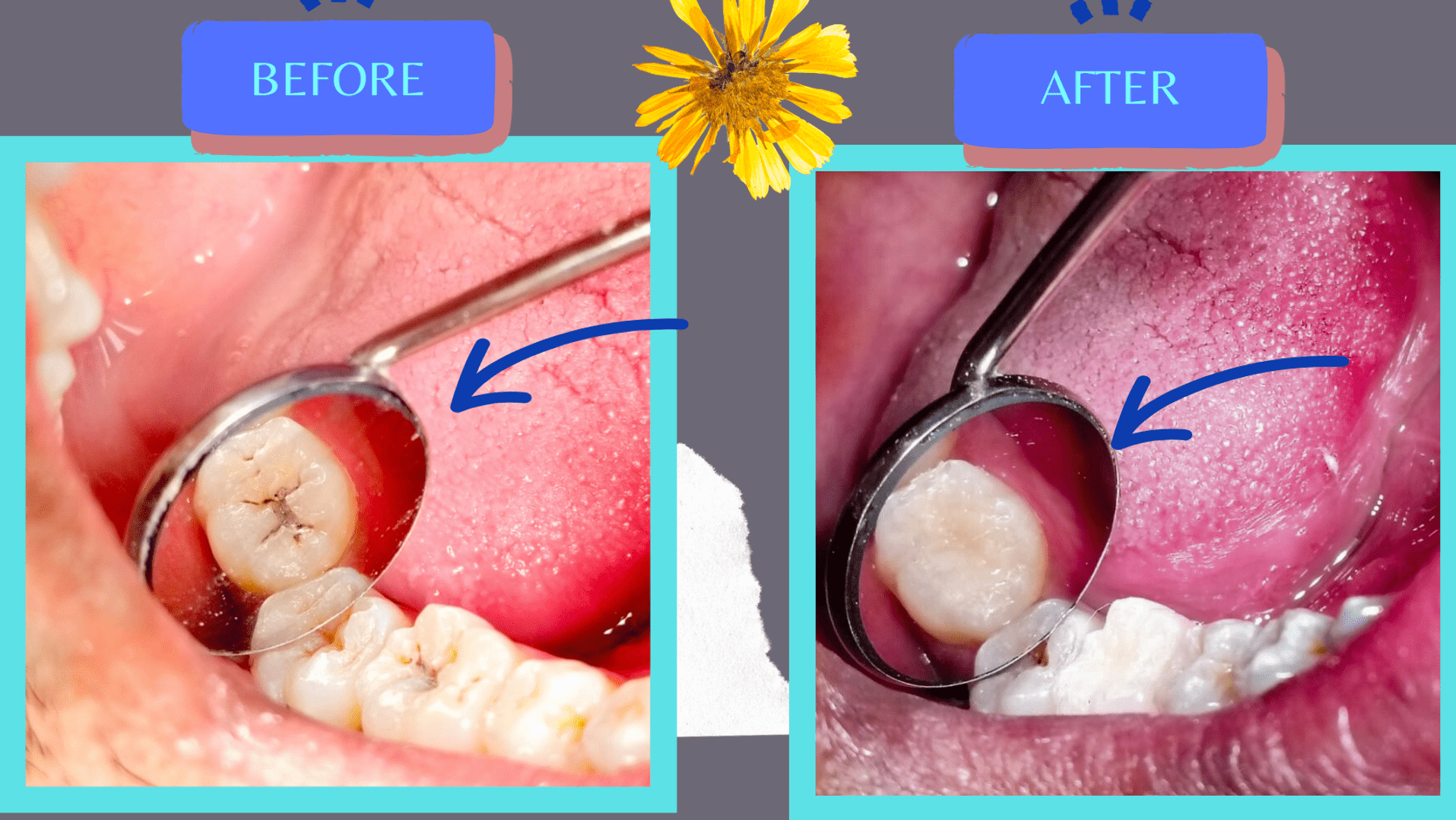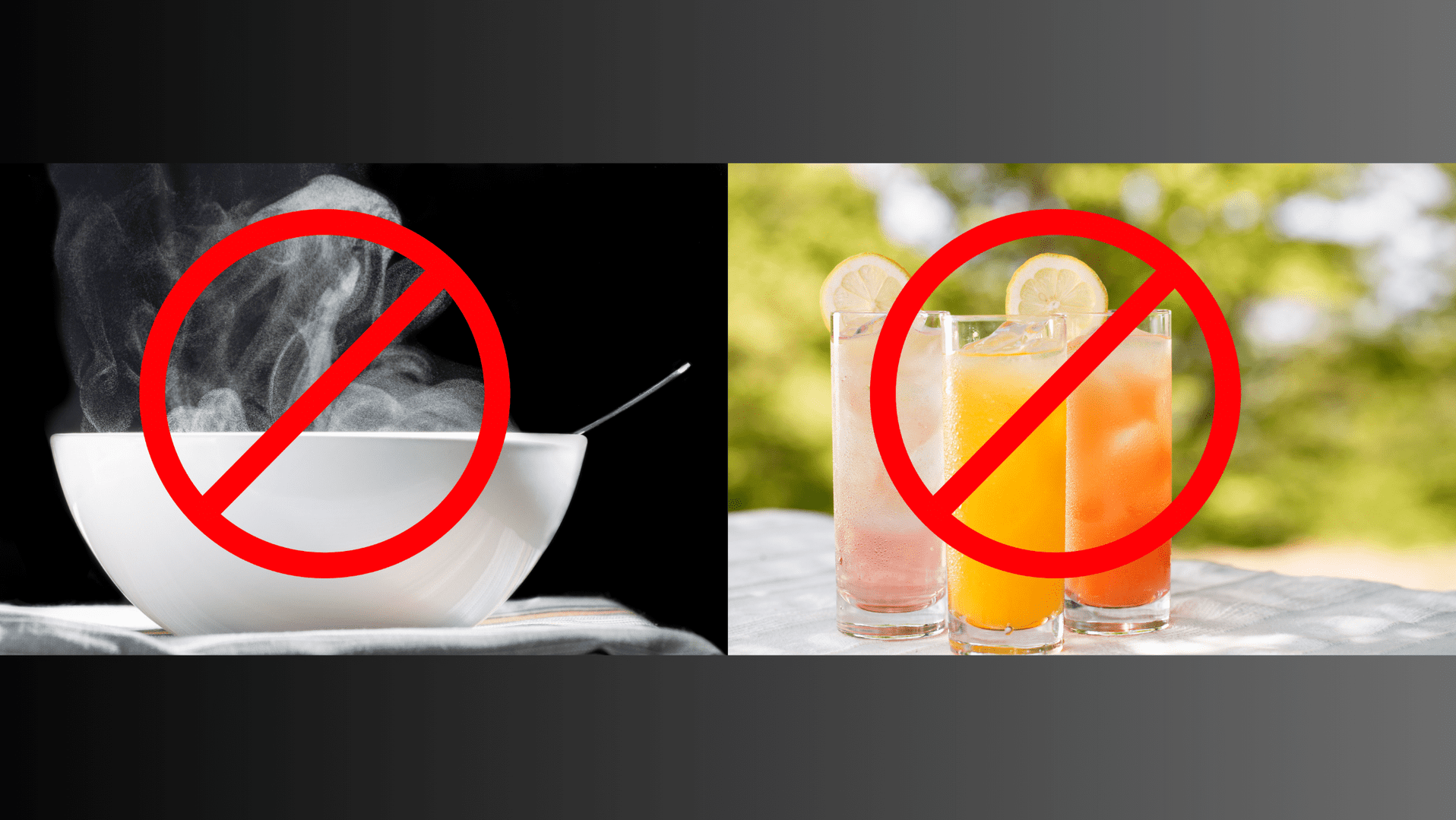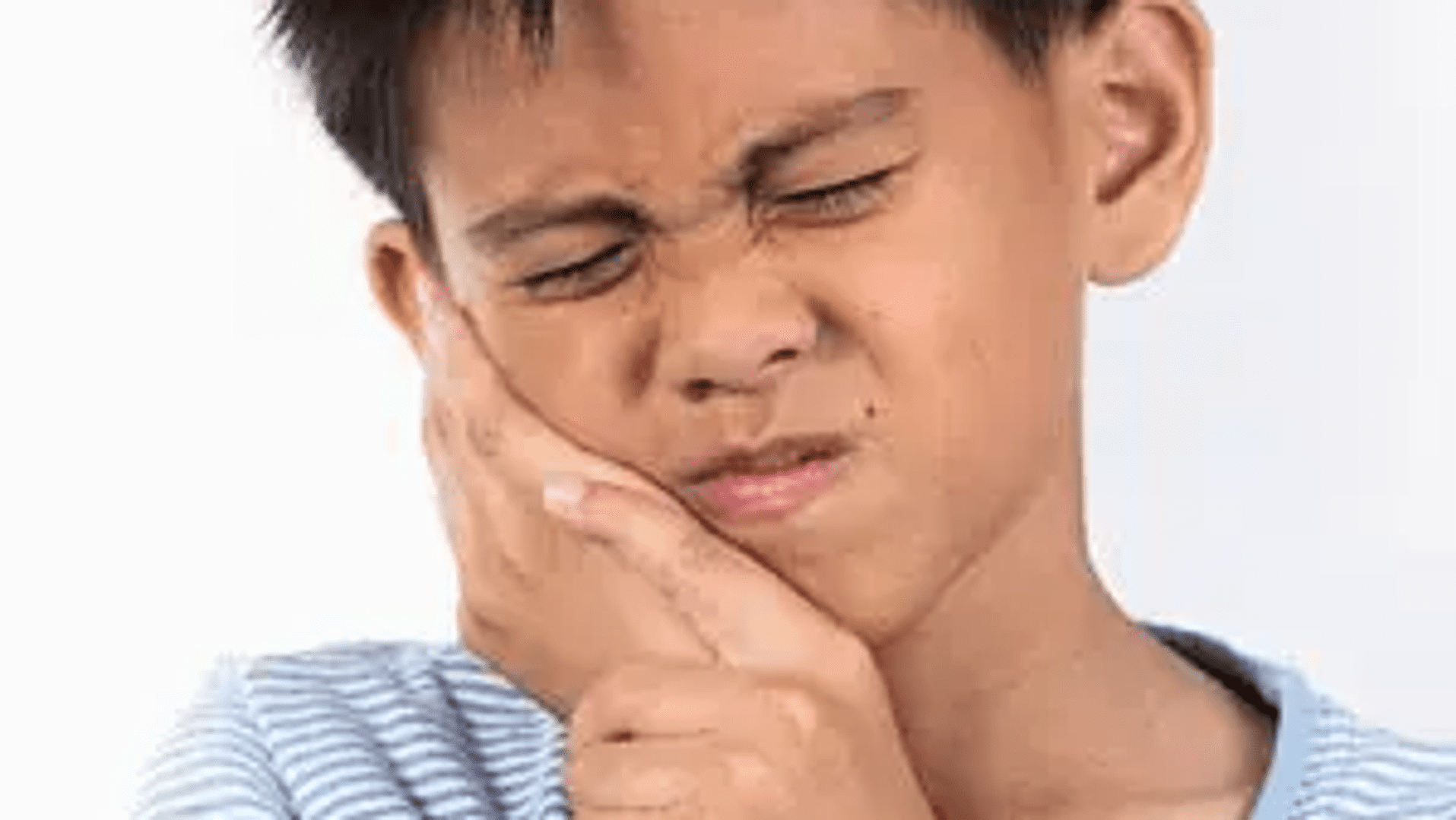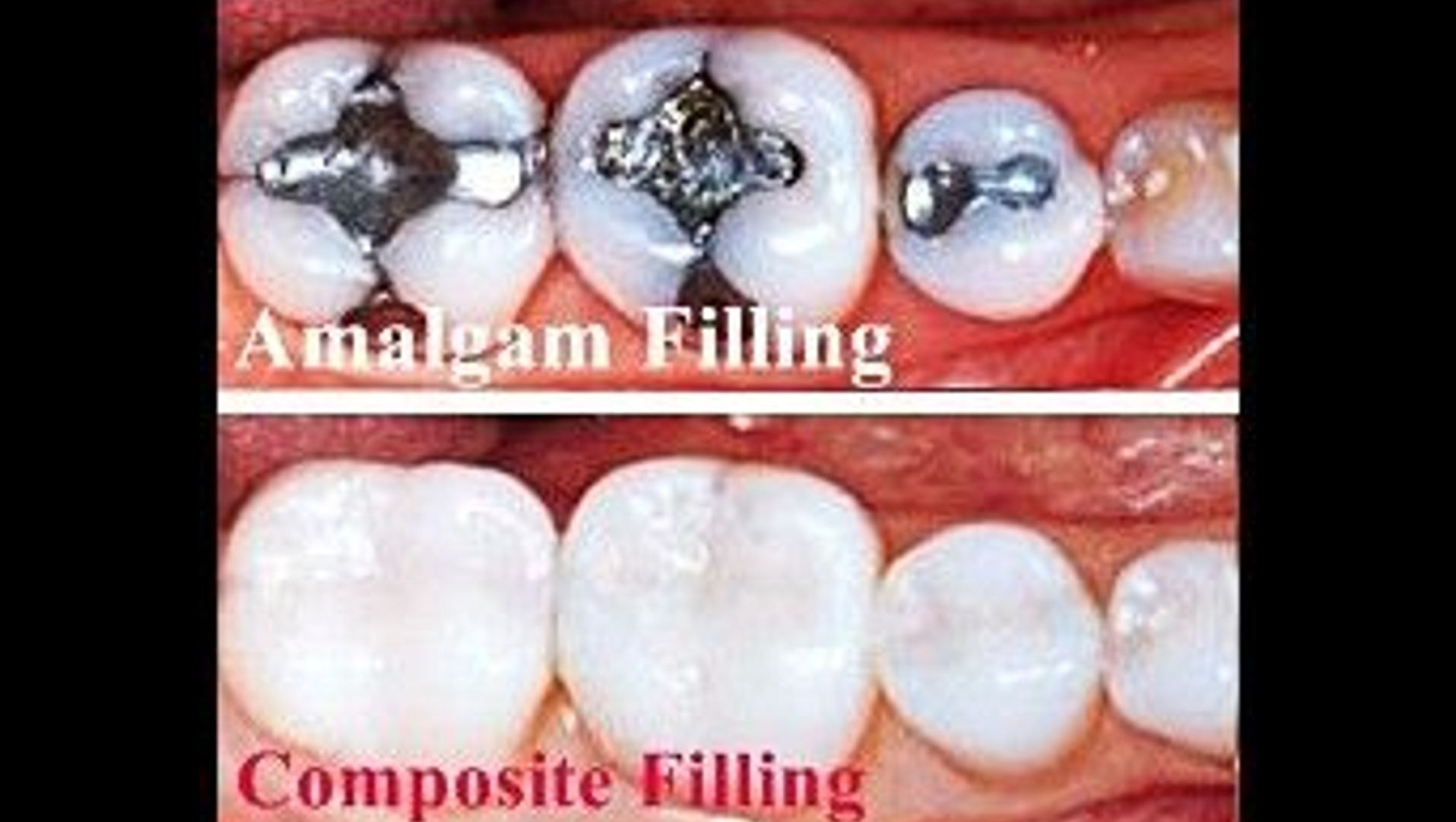1. Don't Eat or Drink Immediately
Avoid eating or drinking within 1 hour after the filling, as this gives the filling time to harden properly.

After a person has had a dental filling done, it is important to take good care of the filled tooth so that it remains in good condition and free from other problems. Here are some care instructions that you can follow to ensure that the filled tooth heals well and does not experience complications.

Avoid eating or drinking within 1 hour after the filling, as this gives the filling time to harden properly.

After fillings, your teeth may be slightly sensitive to hot or cold temperatures. Avoid foods or drinks that are too hot or too cold for the first few days.
After fillings, take soft foods such as soup, puree, or porridge to avoid putting pressure on the newly filled tooth.

For the first few days, try to avoid chewing food on the newly filled tooth or teeth, especially if the filling has just been done.

Make sure your child continues to brush their teeth carefully, avoiding rough areas around the fillings. Use a toothbrush with soft bristles and avoid scrubbing too hard on the area.

If the tooth feels sensitive or hurts after filling, you can give painkillers such as paracetamol (follow the dosage recommended by the doctor or according to the child's age). Do not give aspirin to children.

Make sure your child undergoes follow-up check-ups according to the schedule set by the dentist, to ensure that the fillings are still in good condition and there are no problems.

Foods like candy, chocolate, or hard foods (like nuts) may put pressure on the fillings, especially in the first few days. This can also help prevent damage to the fillings.

If your child experiences prolonged pain, swelling, or changes in the color of the filling, see your dentist immediately.

Make sure your child does not bite or chew on hard objects such as pencils, nails, or hard toys that can damage the filling.